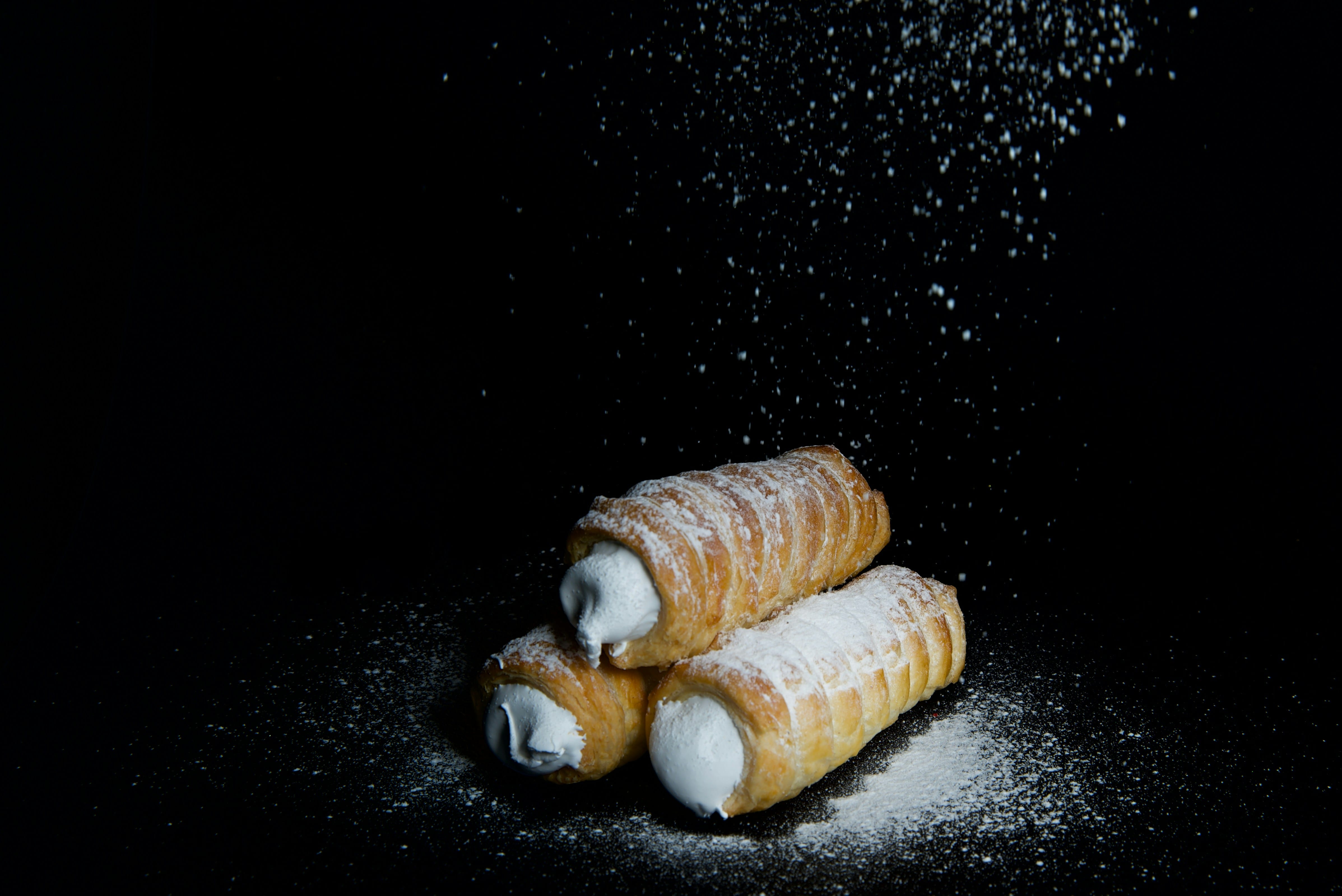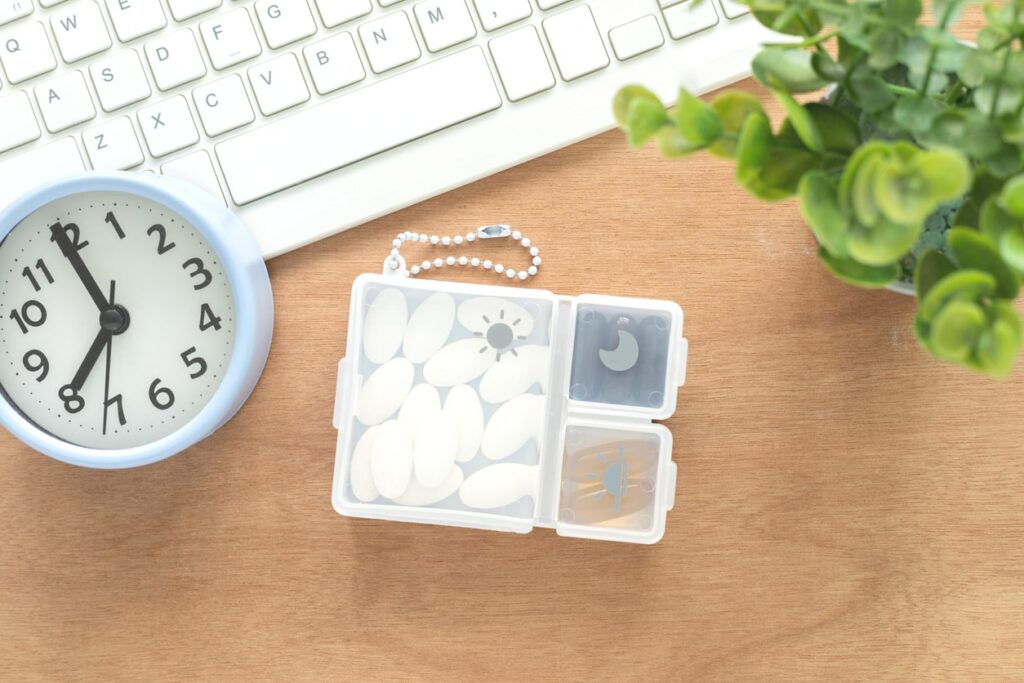Now Reading: How Sugar Impacts Addiction Recovery
-
01
How Sugar Impacts Addiction Recovery
How Sugar Impacts Addiction Recovery

Discover how it affects cravings, mood, and healing—and why reducing sugar supports long-term sobriety.
Introduction
Recovery from addiction is a complex journey that involves healing the body, mind, and spirit. While therapy, support groups, and medications often take center stage, nutrition plays a powerful yet often overlooked role. One food item, in particular, deserves more attention: sugar. In this article, we’ll explore how sugar impacts addiction recovery, including its effects on cravings, mood, and long-term sobriety.
The Brain’s Response to Sugar and Addiction
Sugar affects the brain in ways that closely resemble addictive substances. When you consume sugar, your brain releases dopamine—a feel-good chemical that activates the reward system. This is the same brain pathway triggered by drugs like alcohol, nicotine, and opioids.
According to a 2018 study published in Neuroscience & Biobehavioral Reviews, sugar can produce “addiction-like behaviors” in animals, including bingeing, craving, and withdrawal 1. So, during recovery, when your body is already craving dopamine, it’s easy to replace one addiction with another—like turning to sugary foods for comfort.
Why Sugar Cravings Are Common in Early Recovery
Cravings for sugar spike during early addiction recovery for several reasons:
1. Low Dopamine Levels
After quitting drugs or alcohol, dopamine levels drop. Your brain seeks anything that can quickly raise it—like sugar.
2. Blood Sugar Imbalance
Substance use can cause blood sugar fluctuations. When blood sugar crashes, you feel tired and irritable, increasing the urge for quick sugar fixes.
3. Habit Substitution
Many people use sugary snacks or drinks as a way to fill the void left by substances. It’s a form of emotional soothing.
How Sugar Impacts Addiction Recovery Negatively
🍬 1. Triggers Cravings for Substances
Because sugar stimulates the same reward pathways as drugs, it can indirectly trigger cravings for the original substance. The cycle of highs and crashes can feel very familiar—and potentially lead to relapse.
😔 2. Impacts Mood and Mental Health
High sugar intake is linked to mood swings, anxiety, and depression. A 2017 study from Scientific Reports found that individuals with high sugar consumption had a significantly higher risk of depression 2.
In recovery, when emotional stability is key, these mood fluctuations can be dangerous.
🛌 3. Disrupts Sleep
Poor sleep is a common challenge in early recovery. Sugar can make it worse by disrupting blood sugar levels overnight and interfering with melatonin production. Poor sleep leads to fatigue, irritability, and higher relapse risk.
🧠 4. Slows Brain Healing
Recovery requires brain repair. Excessive sugar may lead to inflammation in the brain, slowing cognitive function and memory restoration. You need a clear, stable mind to stay sober and make healthy decisions.

🍭 5. Encourages Nutrient Deficiency
Sugary foods often replace nutritious meals. This leads to deficiencies in essential nutrients like B vitamins, magnesium, and zinc—all crucial for brain and body recovery.
The Hidden Sugars You May Not Notice
Many people think they’re eating healthy but still consume too much sugar from hidden sources. Watch out for:
- Flavored yogurts
- Granola bars
- Ketchup and sauces
- Breakfast cereals
- Energy drinks and flavored waters
Always check the label. Ingredients like “corn syrup,” “fructose,” “maltose,” or “evaporated cane juice” are all forms of sugar.
Healthier Alternatives to Sugar
Cutting out sugar doesn’t mean cutting out sweetness. Try these healthier swaps:
| Instead of… | Try… |
|---|---|
| Soda | Sparkling water with lemon or berries |
| Candy | Fresh fruit or dried fruit without added sugar |
| Ice cream | Frozen banana blended with almond milk |
| Sugary cereal | Oatmeal topped with cinnamon and apples |
| Energy drinks | Herbal tea or coconut water |
These alternatives satisfy cravings without causing blood sugar spikes or emotional crashes.
How to Manage Sugar Intake in Recovery
If you’re wondering how sugar impacts addiction recovery, know that the goal isn’t perfection. You don’t have to quit sugar completely. But moderation and awareness go a long way.
✅ 1. Eat Balanced Meals
Every meal should include protein, healthy fats, and complex carbs to keep blood sugar steady.
✅ 2. Plan Ahead
Cravings hit harder when you’re hungry or unprepared. Keep healthy snacks like nuts or fruit on hand.
✅ 3. Practice Mindful Eating
Slow down. Notice your hunger levels. Are you craving sugar because you’re emotional or actually hungry?
✅ 4. Get Enough Sleep
Poor sleep increases sugar cravings. Aim for 7–9 hours of quality rest each night.
✅ 5. Stay Hydrated
Sometimes, thirst feels like hunger. Drink water throughout the day to stay energized.
Sugar and Alcohol Recovery: A Special Note
People recovering from alcohol addiction are especially vulnerable to sugar dependence. Alcohol is high in sugar and carbs, and suddenly removing it can leave the body craving similar substances. Some recovery centers even warn that sugar can become a “cross addiction.”
Focusing on whole foods and reducing sugar can help your brain adjust to a healthier rhythm without leaning on another crutch.
Scientific Support
- A 2020 review in Nutrition Reviews concluded that reducing refined sugar intake improves mental clarity and reduces relapse triggers in people with substance use disorders 3.
- The American Journal of Psychiatry also supports the idea that diet changes can improve mental health outcomes in people recovering from addiction 4.
Final Thoughts
Understanding how sugar impacts addiction recovery gives you more control over your healing process. Sugar might seem harmless—even comforting—but too much can derail your progress, increase cravings, and affect your mental and physical health.
Choosing a balanced, whole-food diet helps stabilize your mood, improve energy, and support long-term sobriety. You don’t have to be perfect—but each smart choice brings you closer to lasting recovery.
References
- Avena, N. M., et al. (2008). Evidence for sugar addiction: behavioral and neurochemical effects of intermittent, excessive sugar intake. Neurosci Biobehav Rev. ↩
- Knüppel, A., et al. (2017). High sugar intake linked to depression in men. Scientific Reports. ↩
- Gómez-Pinilla, F. (2020). Brain foods: the effects of nutrients on brain function. Nutrition Reviews. ↩
- Jacka, F. N., et al. (2017). Nutritional psychiatry: impact of diet on mental health. Am J Psychiatry. ↩

Kevin Fletcher is a seasoned writer with over 10 years of experience crafting engaging and informative content in the health, fitness, and wellness industries. Passionate about helping readers live healthier lives, Kevin combines research-backed insights with practical tips to inspire positive change.

























